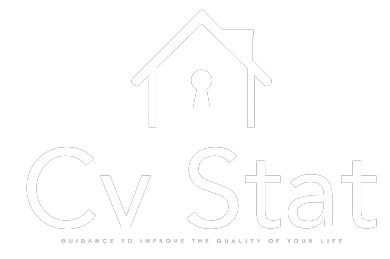Putting your personal cell phone number on your business cards is a decision that requires some thought. On one hand, it can allow clients to easily reach you directly without going through a receptionist or assistant. This can make you seem more accessible and approachable. However, it also means you may get calls at all hours from both clients and salespeople.
The main advantage of including your personal number is convenience. Clients can call you anytime without having to track down an office number. This is especially useful for businesses that require being accessible outside of regular business hours, like contractors, realtors, doctors, and lawyers. Quick access to the owner or service provider is something many clients appreciate.
However, the downside is that you may get frequent calls during family or personal time. Separating your work and personal life can be difficult if clients expect you to be available 24/7. This can lead to burnout over time if you don’t set proper boundaries.
Another potential issue is that your number will likely end up getting shared with various salespeople and marketers. This means you’ll probably have to field a lot of unsolicited calls unrelated to your business. While you can use call screening apps to block some of these, it can still be annoying.
Ultimately, the decision depends on your profession, client expectations, and personal preferences. For some hands-on service businesses, providing your personal number can make sense. For corporate professionals who value work-life separation, a business line may be preferred.
If you do opt to put your number on your Metal Business Kards, be sure to set expectations with clients on when they can reasonably contact you. You don’t want to be taking bids for projects in your pajamas at 10pm unless you’re prepared for that. Maintaining healthy boundaries will help prevent burnout.
Another option is to get a dual-purpose business cell phone that also serves as your personal phone. This way, you can give out the number freely for client use, but also enjoy the features of a modern smartphone for personal needs. You can even set up call forwarding to route business calls to voicemail during your off-hours.
The best solution is likely a combination of approaches. Print your business line on your cards for formal inquires, but also provide your cell for established clients. That way, you remain accessible without fielding as many spam calls. Do your best to educate customers on reasonable calling hours as well.
With some thoughtful planning, you can leverage the convenience of providing your personal number, while also enforcing healthy work-life boundaries. Just be cautious of casting too wide a net, or you may end up flooded with calls around the clock.












